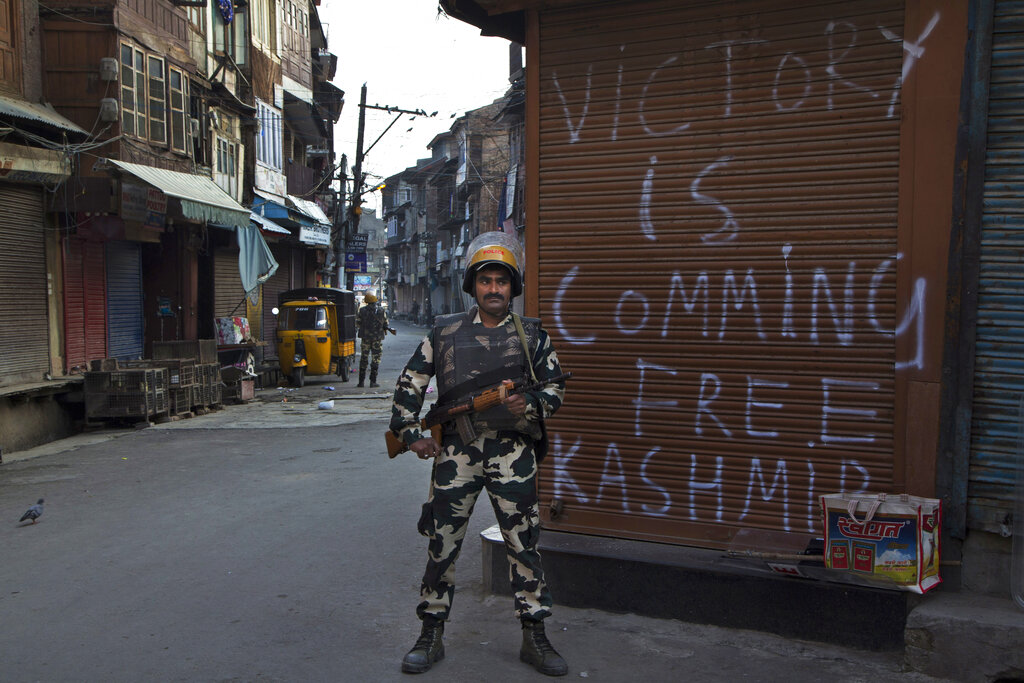The US House Foreign Affairs Committee (HFAC), responsible for oversight and legislation on various aspects of foreign policy, on Monday called for the lifting of restrictions in Kashmir, maintaining that the communication blackout was having a “devastating impact” on Kashmiris.
“India’s communication blackout in Kashmir is having a devastating impact on the lives and welfare of everyday Kashmiris. It’s time for India to lift these restrictions and afford Kashmiris the same rights and privileges as any other Indian citizen,” the HFAC tweeted on Monday night (India time) from its official handle.
In a second tweet, the HFAC drew attention to the fact that its Asia-Pacific and Non-Proliferation Subcommittee will be holding a hearing on human rights in Kashmir and other parts of South Asia on October 22.
The HFAC is a standing committee of the House of Representatives, which has jurisdiction over bills and investigations related to the foreign affairs of the US.
Acting assistant secretary for the Bureau of South and Central Asian Affairs in the state department, Alice Wells, and deputy assistant secretary in the Bureau of Democracy, Human Rights and Labour, Scott Busby, who oversees human rights efforts is South Asia, will testify at the hearing.
According to the chairman of the House Subcommittee on Asia, Brad Sherman, the committee is also expecting to hear from human rights activists on the various issues under scrutiny.
The hearing will focus on the Kashmir Valley, the detentions and the communication clampdown. The hearing will also review the humanitarian situation in Kashmir and whether Kashmiris have adequate supplies of food, medicines and other essentials.
Besides, Kashmir, the hearing will focus on the situation of Muslims in Assam besides Tamils in Sri Lanka and the entire human rights situation in Pakistan.
In a related letter to President Ram Nath Kovind, 284 Indians, both residents and from the diaspora, urged the government to roll back the lockdown, hold assembly elections in Jammu and Kashmir and let the people decide on Article 370 and statehood.
Referring to the manner in which the special status of Jammu and Kashmir was removed and the communication clampdown, the signatories to the letter said: “On humanitarian grounds, we find this situation unacceptable. The government should restore mobile and Internet connections, which were declared a fundamental right just recently by Tamil Nadu High Court.
“On democratic grounds, too, we find this situation unacceptable. If the government can take away freedom of expression and the right to debate legislation that affects their lives in Jammu and Kashmir, what prevents them from doing so across the country?”
Some of the signatories are academics Neera Chandoke, Zoya Hasan and Partha Chatterjee; Radha Kumar, who was one of the three interlocutors on Jammu and Kashmir appointed by the UPA government in 2010; and Congress leader Mani Shankar Aiyar.











